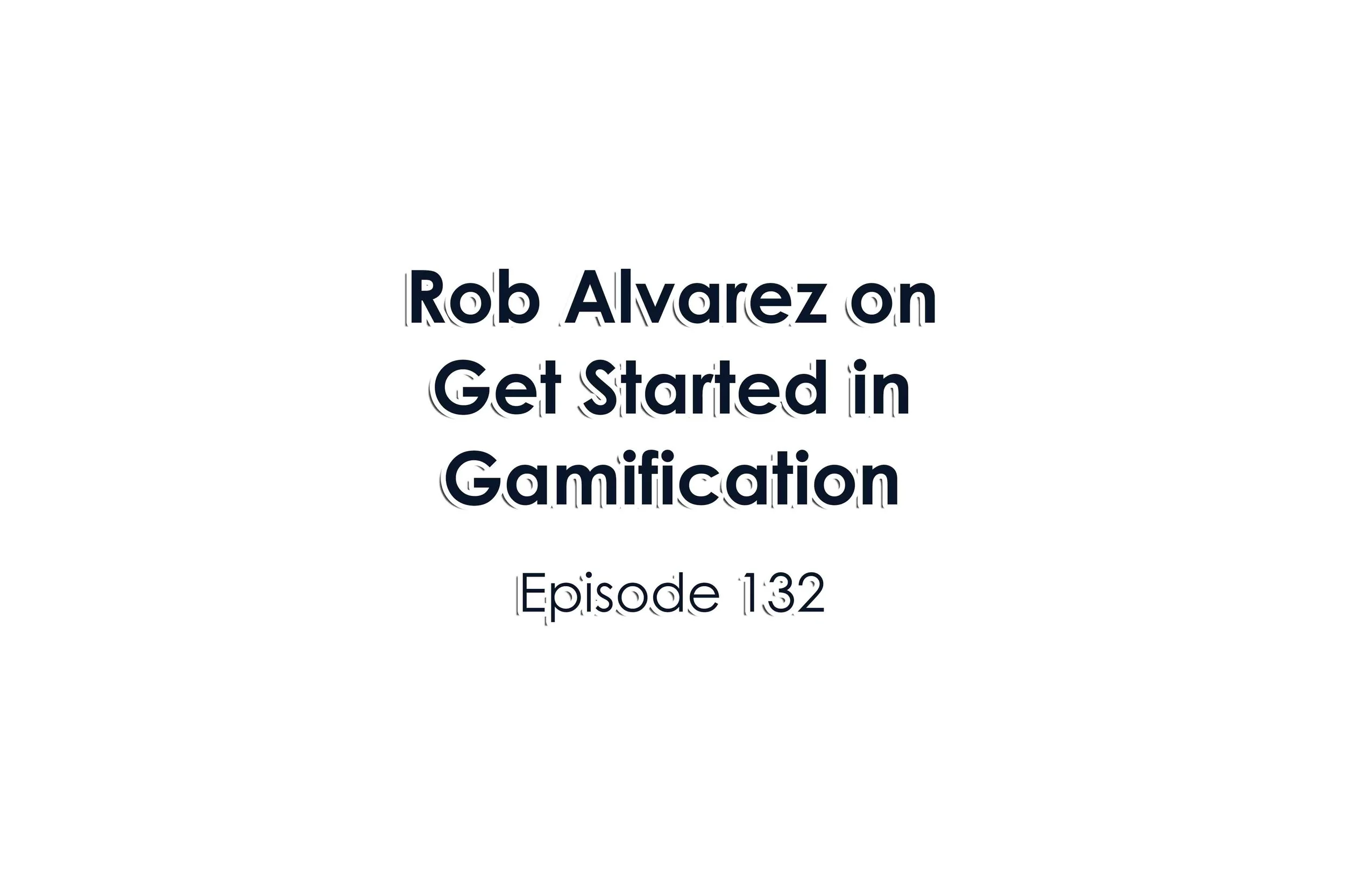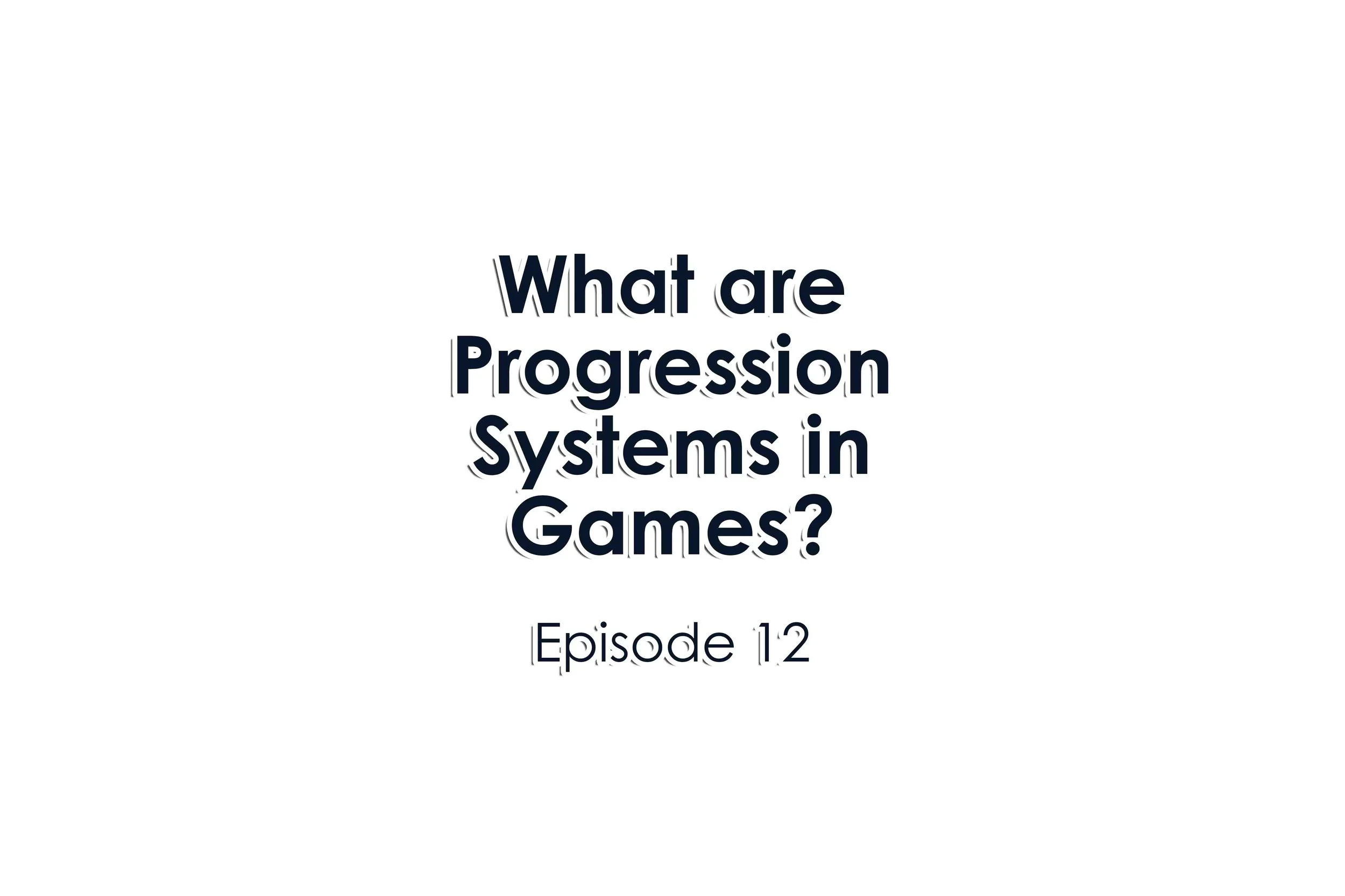In this episode of Experience Points, host Dave Eng interviews Dr. Ryan Schaaf, an award-winning professor and author, about the transformative role of digital games-based learning in education. Dr. Schaaf shares his journey as a gamer and educator, highlighting how games foster skills like problem-solving, collaboration, and critical thinking. He explores the unique needs of the "always-on generation" and discusses barriers to adoption, such as funding, training, and data privacy. Offering actionable advice, Dr. Schaaf suggests educators start small by integrating vetted games into lessons. He also teases an upcoming resource to support educators in adopting game-based learning.
Read MoreIn this episode, we’re unpacking the concept of educational games. What are they? How do they differ from other types of games? And how can they be leveraged effectively in games-based learning?
Read MoreIn this episode of AP Table Talk, hosts Brian Eng and Dave Eng explore the versatile world of Multi-Use Cards in board games. They dive into defining the mechanic, discussing how it forces players to make meaningful trade-offs by using cards for one of several possible actions. Highlighting games like Risk: Star Wars Edition, Dune: Imperium, and Bohnanza, they unpack how Multi-Use Cards create strategic depth, add replayability, and integrate into various game themes. Whether you're new to this mechanic or a seasoned gamer, this episode offers valuable insights and plenty of game recommendations!
Read MoreIn this episode of Experience Points by University XP, host Dave Eng welcomes gamification expert Rob Alvarez to discuss gamification and games-based solutions. Rob, known as Professor Game, shares his journey into gamification, emphasizing the importance of meaningful learning experiences tailored to specific audiences. They discuss key principles for creating engaging learning experiences and strategies for overcoming challenges like scope creep and mindset barriers. Rob also introduces his free gamification course and resources available on www.professorgame.com. The episode encourages listeners to explore gamification's potential in education and beyond.
Read MoreIn this episode we’ll explore a fundamental yet complex question. What exactly is a game? From the nostalgic first games we played as kids to the immersive experiences we dive into today, games have always been a source of joy, challenge, and connection. But defining what a game truly is? That’s a whole different challenge.
Read MoreIn this episode of Experience Points, Dr. Christopher Stuart, Assistant Professor of Communication Studies at UNC Wilmington, delves into the transformative role of tabletop role-playing games (TTRPGs) in education and facilitation. Christopher shares insights from his research on game dynamics, player engagement, and the collaborative art of facilitation. He discusses how TTRPGs foster systems thinking, play, and failure as essential learning tools. Reflecting on his academic journey, Christopher explores how gaming language and frameworks can create inclusive, engaging classroom experiences. He also highlights the impact of design, accessibility, and playful pedagogy on student engagement.
Read MoreIn this episode of Experience Points, host Dave Eng interviews Dr. Scott Nicholson, professor and director of the Game Design and Development Program at Wilfrid Laurier University. Dr. Nicholson discusses EscapeIF, a system designed for low-resource classrooms to integrate storytelling and interactive fiction into education. He explains how EscapeIF emphasizes engaging narratives and problem-solving without relying on expensive resources, using tools like chalkboards and found objects. The episode explores the challenges of adapting educational games for diverse settings and highlights the importance of reflection in learning. Resources, including free games and guides, are available at EscapeIF.com.
Read MoreIn this episode of Experience Points by University XP, host Dave Eng speaks with Thorsten Kodalle, head of Innovation Laboratory at the Bundeswehr Command and Staff College and an expert in Strategic Wargaming, Gamification, and Serious Games. Thorsten shares insights into integrating Gamification into Strategic Thinking, using board games like Scythe as teaching tools in seminars. He emphasizes the importance of considering DIME (Diplomacy, Information, Military, Economics) in strategic wargaming, and discusses how cultural factors influence military strategy. Thorsten also delves into serious game design, balancing entertainment with educational goals, and shares examples like the cyber card game adapted for crisis management training. The episode highlights the necessity of understanding the purpose of games and aligning game mechanics with educational objectives. Thorsten shares resources for further exploration, emphasizing LinkedIn and his YouTube channel.
Read MoreIn this episode of AP Table Talk, Brian and Dave Eng discuss the concept of the follow mechanic in board games. They begin by relating the concept to platformer games and how follow mechanics let players perform or adjust actions chosen by others. They review games like Tiny Towns and Puerto Rico, recalling their experiences with these games. They also cover Tiny Epic Galaxies and Glass Road, highlighting how follow mechanics affect gameplay and strategy. They both debate the balance and fairness of follow mechanics, examining their impact on game length and player experience, and consider whether making them mandatory or optional is more effective.
Read MoreIn this episode of Experience Points by University XP, host Dave Eng interviews Christopher Carbone, an accomplished career services leader and co-founder of Board Game Academics. They discuss the intersection of academia and tabletop gaming, emphasizing experiential learning and personal development. Carbone shares insights on career development, the mission of Board Game Academics, and memorable experiences from his Board Gamers Anonymous podcast. He highlights the transformative power of tabletop games in education, mental health, and social contexts. The episode concludes with a discussion on the future of Board Game Academics and its contributions to scholarly research and societal understanding of gaming.
Read MoreIn today’s episode, we’re diving into the concept of the player journey. We’ll start by defining what the player journey is and why it matters. The player experience is a key part of this journey, so we’ll explore how individual motivations shape goals and achievements throughout the game.
Read MoreIn this episode of AP Table Talk, Brian and Dave Eng discuss the concept of deck, bag, and pool building in board games. They explain that deck building specifically involves players starting with a basic deck of cards, which they enhance throughout the game to achieve specific goals. The episode highlights "Dominion" as a pioneering deck-building game and mentions other notable games such as "Clank! In! Space!" and "Friday." The hosts also share their favorite deck-building games, including "Dune: Imperium" and "The Quacks of Quedlinburg." They conclude by debating the classification of various games and their mechanics, emphasizing the strategic decisions in deck building.
Read MoreIn this episode of Experience Points, Dave Eng chats with Travis Windleharth from foundry10 about games-based learning. Travis, with a background in science education, museology, and information science, focuses on how games shape youth's understanding of STEM concepts. Foundry10, co-founded by Gabe Newell, is explored, emphasizing its pillars—programs, philanthropy, and research—and their role in expanding learning perspectives. Travis discusses his role in the STEM design-based research lab, aligning with interest area teams. The episode concludes with insights into Foundry10's collaborative approach to research and program design.
Read MoreOne of the most becoming aspects of games is our ability to interact, change, and progress with them. We can progress as individual players; progress against opponents; and progress against the game itself. The formal elements of games in concert with game designers make up these different “progression systems” in games. But what are progression systems? How are they used?
Read MoreIn this episode of "Experience Points" by University XP, host Dave Eng interviews Dr. Michele Haiken, an experienced literacy educator, and middle school English teacher, discusses her journey into gamification for teaching literacy. She shares how an educational conference sparked her interest and how students, especially gamers, played a crucial role in implementing it in her classroom, emphasizing student buy-in, motivation, and creativity. The conversation explores aspects like student agency, competition, and cooperation within gamification, along with insights from Michele's book, "Gamify Literacy." A case study from her dystopian unit is provided, highlighting literacy skill development and empowerment. The discussion also addresses the balance between traditional and innovative teaching methods in both middle school and higher education. Michele teaches various classes, including English methods, literacy development, and middle school literacy, and her blog, "The Teaching Factor," shares insights and resources.
Read MoreIn this episode of AP Table Talk, the hosts Brian and Dave Eng explore the “mega topic” of hidden information in games. They explore hidden role games and games with hidden information, discussing examples like Battlestar Galactica and Scotland Yard. They touch on games such as Inside Job, Werewords, Dune, and HeroQuest, exploring their unique gameplay elements and how hidden information impacts strategies. They talk about the challenges of teaching these games to new players and the importance of understanding game states for effective gameplay. They share their experiences with different games, emphasizing replayability and excitement. The episode also covers communication-limited games like Codenames and Just One, highlighting how such mechanics enhance the social aspect of gaming. They also discuss traitor games and the psychological intrigue they add to gameplay. Overall, the episode provides insights into the appeal, challenges, and evolving nature of games with hidden information in modern tabletop gaming.
Read MoreIn this episode of "Experience Points" by University XP, host Dave Eng interviews Sarah Le-Fevre, a games-based learning professional with expertise in addressing complex organizational challenges and fostering ethical innovation. Le-Fevre uses tools like Lego Serious Play to create immersive learning experiences. The discussion covers Le-Fevre's background in games and learning, her journey into games-based learning, and her experiences addressing systemic challenges within organizations. The conversation also touches on the diversity of Le-Fevre's projects, including keepsake games for organizational wellness and fungi-themed organizational culture games. Furthermore, Le-Fevre provides insights into her upcoming book, which explores a playful systems practice approach to impactful learning. The book challenges traditional learning design methodologies and emphasizes the need to consider the broader system when implementing organizational change.
Read MoreOn today’s episode, we’ll answer the question: What is the Game State? Determining the “game state” is often one of the questions that designers and developers will ask themselves when determining how to take a design or iterate on the development of a game. The game’s state is important to understand from a design perspective. But what role does understanding the “game state” play for educators, instructors, and trainers using games-based learning?
Read MoreIn this episode of Experience Points by University XP, host Dave Eng chats with Zack Hartzman, a licensed secondary school teacher from New York City and the creator of Hey Listen Games. Zack shares his journey of integrating video games into the classroom and discusses the motivation behind Hey Listen Games. They explore the evolution of game-based learning, emphasizing the need to diversify educational mediums for student engagement. Zack highlights key principles from his book, "Teaching with Video Games: A Strategy Guide," focusing on the potential of video games to teach problem-solving, mechanics, and foster relationships beyond traditional boundaries. The conversation also covers Zack's involvement in the Game Awards Future Class, an initiative diversifying the gaming industry.
Read MoreIn this episode of AP Table Talk, the hosts Brian and Dave Eng explore the enduring appeal of trick-taking and ladder climbing games. They reminisce about classic games like Hearts and Euchre, delving into lesser-known variants such as Nine Five Two, where players aim for different trick objectives. The conversation touches on modern games like SCOUT and Haggis, highlighting their strategic nuances. They discuss the diversity in ladder climbing games, focusing on favorites like Tiger & Dragon and Sail, and how these games adapt to various player counts. They share insights into their preferred contemporary trick-taking games and ponder potential variations within the ladder climbing mechanic. The episode concludes with reflections on the evolving dynamics and meta plays in trick-taking games, making them timeless favorites.
Read More



















